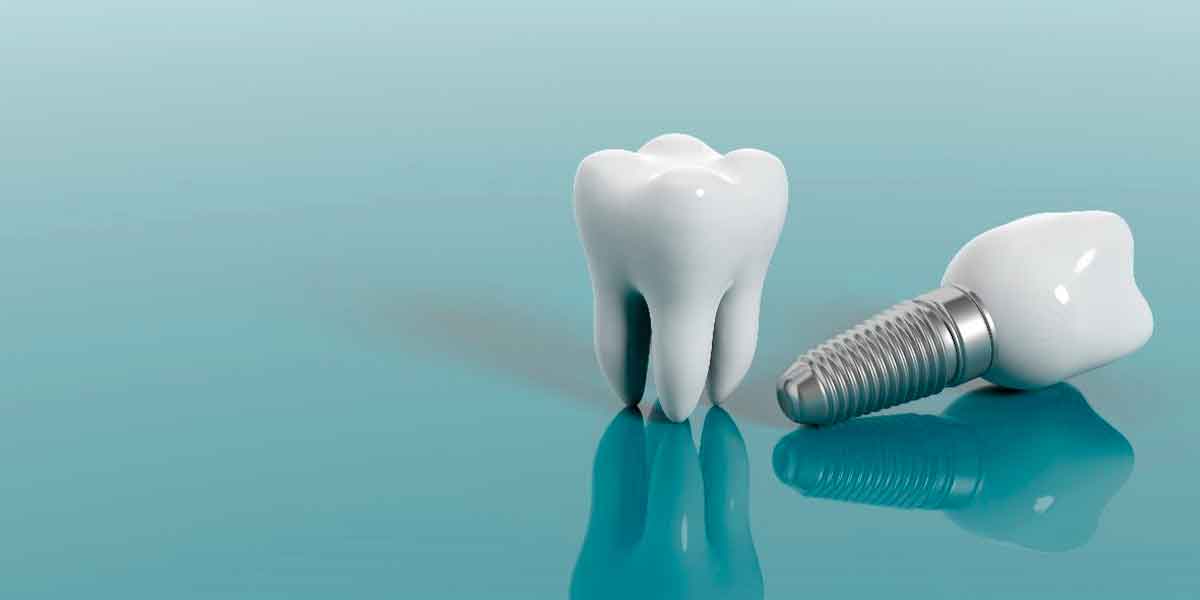- Preservation of Jawbone Structure: Implants stimulate the jawbone, preventing bone loss and preserving facial structure.
- Prevention of Tooth Shifting: By filling the gap left by a missing tooth, implants prevent neighboring teeth from shifting out of alignment.
- Preservation of Natural Teeth: In contrast to traditional bridges, implants do not require adjacent teeth to be modified, maintaining their natural structure.
- Implant Fixture: This titanium post is surgically placed into the jawbone, acting as the artificial root.
- Abutment: Positioned atop the implant fixture, this connector supports and secures the replacement tooth or teeth.
- Prosthesis: The visible portion of the implant, which can be a crown, bridge, or denture, designed to resemble and function like natural teeth.
- Preservation of Jawbone Structure: Implants stimulate the jawbone, preventing bone loss and preserving facial structure.
- Prevention of Tooth Shifting: By filling the gap left by a missing tooth, implants prevent neighboring teeth from shifting out of alignment.
- Preservation of Natural Teeth: In contrast to traditional bridges, implants do not require adjacent teeth to be modified, maintaining their natural structure.
The absence of teeth can have a significant impact on your daily life, affecting your eating, speaking, and confidence. Luckily, dental implants offer a dependable and lasting solution for replacing missing teeth, restoring both functionality and aesthetics. In this piece, we will delve into the advantages of dental implants, the process involved, and why they are the preferred option for tooth replacement.
Understanding Dental Implants
Dental implants are artificial tooth roots crafted from biocompatible materials like titanium. These implants are surgically inserted into the jawbone, where they fuse with the bone through a process known as osseointegration. Once integrated, they serve as a stable base for a replacement tooth, bridge, or denture. Dental implants replicate the function and appearance of natural teeth, making them a highly effective solution for tooth loss.
Key Components of Dental Implants
A typical dental implant comprises three main parts:
Advantages of Dental Implants
Dental implants offer numerous benefits over traditional tooth replacement methods, making them a popular choice among patients.
Long-Term Resilience
One of the primary advantages of dental implants is their durability. With proper upkeep, dental implants can last a lifetime, proving to be a cost-effective solution compared to alternatives that may necessitate frequent replacements or repairs.
Enhanced Oral Health
Dental implants contribute to maintaining and improving oral health in various ways:




